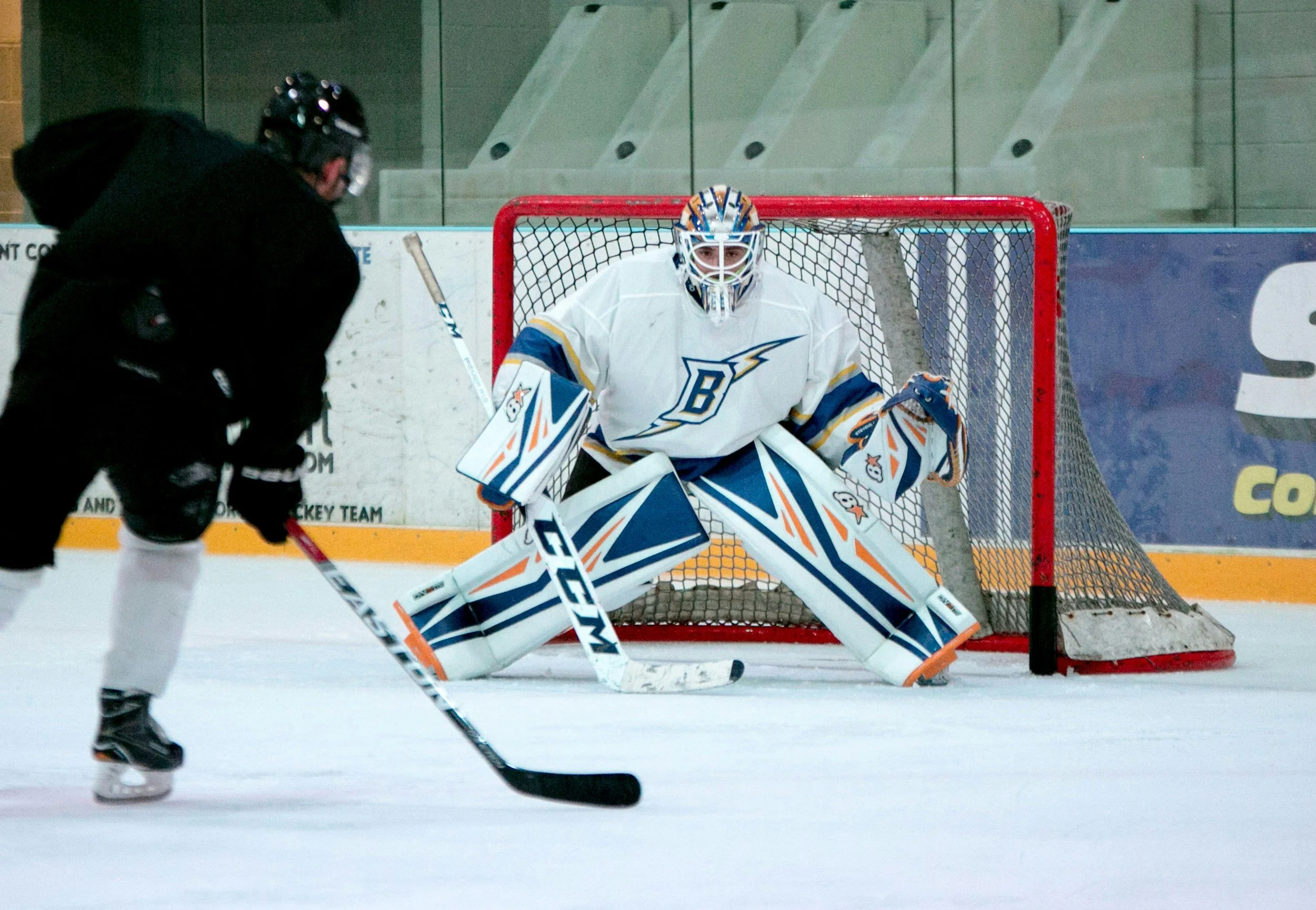“The willingness to show up changes us. It makes us a little braver each time.”
- Brené Brown
Services provided
Please email me at rachel@mindfueltherapy.com to schedule a free 15 minute consultation. I understand the importance of finding a therapist that is the right fit for you. This consultation helps to ensure that before you even get started in session. If my clinical experience is not a fit for you, I will do my best to assist you with an appropriate referral.
Free 15-minute consultation
Individual therapy sessions
I work with clients who may be struggling with anxiety and/or trauma that is making it difficult to live their most fulfilled lives. I'm an anxiety specialist and utilize evidence-based interventions such as CBT, ERP, ACT, EMDR and mindfulness techniques in my sessions. My approach is client-centered and use the interventions that best fit the needs of each individual client. If your world is feeling small, reach out today and let's create treatment goals to help you move forward in your life.
Eye Movement Desensitization and Reprocessing (EMDR) therapy is an extensively researched, effective psychotherapy method proven to help people recover from trauma and PTSD symptoms. Ongoing research supports positive clinical outcomes showing EMDR therapy as a helpful treatment for disorders such as anxiety, depression, OCD, chronic pain, addictions, and other distressing life experiences (Maxfield, 2019). If you’re interested in EMDR therapy, please read further below and email me for a consultation call.
EMDR Sessions
These 1:1 sessions focus on the mental aspect of the athlete’s sport and helps each athlete achieve their goals through an individualized plan. Rachel has been working with student athletes for over decade to help them succeed. These sessions are appropriate for ages 12 and up. Athletes of any sport are encouraged to reach out, and Rachel will complete a 15 minute consultation with the athlete’s parent (if they are a minor) in order to have all necessary background information prior to the first session. A further description of how these sessions can be beneficial to your athlete is provided below.
Sports Psychology sessions
Individual sessions
I use evidence-based treatments that are proven to work, including:
CBT (Cognitive Behavioral Therapy) to reduce anxiety and change unhelpful thinking patterns
ERP (Exposure and Response Prevention) for OCD, intrusive thoughts, and avoidance
EMDR (Eye Movement Desensitization and Reprocessing) for trauma, performance blocks, and negative beliefs
Skills for focus, motivation, emotional regulation, and performance under pressure
My style is warm, direct, and collaborative. You’ll get practical tools you can use right away, along with deeper work to create long-lasting change. Whether you’re dealing with constant worry, obsessive loops, past trauma, or high-performance stress, we’ll build a plan that fits your goals and your pace.
My approach
I may be a good fit if you’re a:
Young adult navigating transitions, self-doubt, anxiety or daily stressors
Adolescent struggling to deal with anxiety, OCD, school stress or peer issues
Adult juggling career demands, anxiety, or relationship pressures
Athlete or performer wanting to break through mental blocks or performance anxiety
Individual with OCD or trauma who wants structured, effective treatment
Individual seeking accessible virtual therapy that is both goal-oriented and compassionate
Who I work with
In our sessions, you’ll find a space that is nonjudgmental, supportive, and focused on helping you understand yourself while building real skills. I’ll help you:
Overcome fear and self-doubt
Handle emotions with greater ease and responsiveness
Be resilient in the face of challenges and adversity
Discover how to develop a relaxed and alert mindset
Become unstuck from ineffective habits and self-limiting beliefs
Heal from traumatic events and mental blocks
Identify ways to build and boost confidence
Transform your relationship with fear and anxiety
Reduce compulsions and avoidance
Learn mindfulness skills to calm and center the mind
Clarify your core values and how to use them to facilitate optimal performance
Progress is possible and you don’t have to navigate it alone.
What to expect
-
EMDR is a structured therapy that encourages the patient to focus briefly on the trauma memory while simultaneously experiencing bilateral stimulation (typically eye movements), which is associated with a reduction in the vividness and emotion associated with the trauma memories. Eye Movement Desensitization and Reprocessing (EMDR) therapy is an extensively researched, effective psychotherapy method proven to help people recover from trauma and PTSD symptoms. Ongoing research supports positive clinical outcomes showing EMDR therapy as a helpful treatment for disorders such as anxiety, depression, OCD, chronic pain, addictions, and other distressing life experiences (Maxfield, 2019). Shapiro and Forrest (2016) share that more than 7 million people have been treated successfully by 110,000 therapists in 130 countries since 2016. (source: emdria.org)
For my visual learners, here is an excellent video description from EMDRIA:
https://youtu.be/Pkfln-ZtWeY
-
Our brains have a natural way to recover from traumatic memories and events. This process involves communication between the amygdala (the alarm signal for stressful events), the hippocampus (which assists with learning, including memories about safety and danger), and the prefrontal cortex (which analyzes and controls behavior and emotion). While many times traumatic experiences can be managed and resolved spontaneously, they may not be processed without help.
Stress responses are part of our natural fight, flight, or freeze instincts. When distress from a disturbing event remains, the upsetting images, thoughts, and emotions may create an overwhelming feeling of being back in that moment, or of being “frozen in time.” EMDR therapy helps the brain process these memories, and allows normal healing to resume. The experience is still remembered, but the fight, flight, or freeze response from the original event is resolved.
-
EMDR therapy helps children and adults of all ages. Therapists use EMDR therapy to address a wide range of challenges:
Anxiety, panic attacks, and phobias
Chronic Illness and medical issues
Depression and bipolar disorders
Dissociative disorders
Eating disorders
Grief and complicated bereavement
Performance anxiety
Post-Traumatic Stress Disorder (PTSD) and other trauma and stress-related issues
Sexual assault
Sleep disturbance
Substance abuse and addiction
Violence and abuse
-
EMDR therapy does not require talking in detail about the distressing issue or completing homework between sessions. EMDR therapy, rather than focusing on changing the emotions, thoughts, or behaviors resulting from the distressing issue, allows the brain to resume its natural healing process.
EMDR therapy is designed to resolve unprocessed traumatic memories in the brain. For many clients, EMDR therapy can be completed in fewer sessions than other psychotherapies.
Learn more about EMDR
Courtesy of EMDR International Association

Sports Psychology Sessions
At Mindfuel Therapy, we help athletes strengthen the mental side of their game so they can perform with confidence, clarity, and focus. Whether you're chasing a personal best, battling performance anxiety, or bouncing back from an injury, your mind plays a critical role in your game. We’re here to help you move through these challenges.
Rachel was a collegiate lacrosse goalie and understands the importance of the mental aspect of an athlete’s sport in order to achieve their goals. In these 1:1 sessions with Rachel, she will assess each athlete and help them build the necessary athletic mindset to be able to compete at the highest level possible. These sessions are specialized for each individual athlete to help them achieve their performance goals and better prepare them for their athletic career.
“The road to athletic greatness is not marked by perfection, but the ability to constantly overcome adversity and failure.”
-Nike
What can be accomplished in a session?
Individualized plan created for each athlete
Increase Sports Performance by focusing on the following topics:
Managing performance anxiety
Overcoming fear and self-doubt
Leadership Training
Confidence Building
Setting and achieving performance goals
Coping strategies for pressure and setbacks
Visualization Training
Stress Management & Mindfulness Techniques
Bouncing back after an injury
Cognitive Restructuring
College Recruitment Mentoring
Communication Techniques
Understanding the impact of negative self-talk and working toward positive self-talk
“Set realistic goals, keep re-evaluating, and be consistent.”
-Venus Williams
Questions before getting started?











